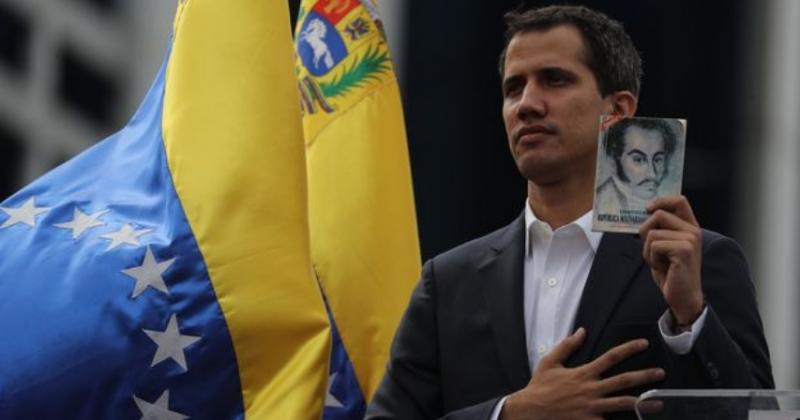In a note the Holy See expresses concern and prudence. Cardinal Porras to the security forces: respect the people’s right to protest
The Holy See could not remain silent. Too much pressure on the Pope since he set foot in on the Latin American soil. The crisis in Venezuela thus erupted in the visit of Francis to Panama for WYD, forcing the Pontiff to express himself, through spokesman Alessandro Gisotti. In a note, the ad interim director of the Press Office states that "the Holy Father, reached in Panama by the news coming from Venezuela, is following the evolution of the situation closely and prays for the victims and for all Venezuelans". The Vatican "supports all efforts to spare the population further suffering".It is a prudent statement, motivated by the uncertainty of what is happening and the dynamics in the field, starting with those concerning the army. Prudent, but also significant, because it does not acknowledge anything to the parties involved. Above all the Pope doesn't want to risk creating sparks that can provoke fiery reactions.
It’s worth mentioning an unexpected scene after the meeting with the bishops: Francis, in a serious tone, took the mic to ask if there were any Venezuelan prelate present. The feeling is that he wants to talk to them as soon as possible.
Also the Venezuelan Church is participating with its youth to the World Youth Day, amid concerns, phone calls at home, attention to news and newspapers.
The official position of the Venezuelan bishops is well known: they ask that the lives of people and freedom of expression be guaranteed. In a statement, signed by the president, Monsignor Roberto Lückert, Bishop Emeritus of Coro, "the various security forces are urging and demanding" "respect for the citizens who are demonstrating today, whose right is enshrined in Article 68 of the Constitution, avoiding violent repression, arbitrary detentions, cruelty and the use of firearms and toxic substances to control peaceful demonstrations". The Commission notes that the National Assembly is “currently the only body of public power entitled to exercise its power” and that the demonstration is also aimed at popular consultation with the so-called 'Cabildo abierto', a method of popular consultation provided for in the Constitution, 'whose decisions are binding on all instances of the State’.
The Venezuelan Bishops' Conference has reported to Fides agency that in Maturin about 700 people are still locked inside the cathedral Nuestra Señora del Carmen, for fear of violent actions against demonstrators. Maturín is a city east of Venezuela, considered the oil capital of eastern Venezuela. In that very area, the National Guard and the police have launched a harsh repression.
And Venezuelan Cardinal Baltazar Enrique Porras Cardozo, Metropolitan Archbishop of Mérida and Apostolic Administrator of the Archdiocese of Caracas, also intervened from Panama, exhorting the State security forces to respect the right to protest, and claiming the right of priests to demonstrate as well "if it is done without protagonism, without political slogans, in a fraternal attitude". For the cardinal it is necessary "to simply accompany and protect the people, especially the most vulnerable, and to transmit to them hope, joy and peace”.
While in the Holy See, Vatican Insider has learned that the position of the EU expressed by Federica Mogherini, High Representative for Foreign Affairs and Security Policy, has been appreciated: "The EU fully supports the national assembly as the democratically elected institution whose powers need to be restored and respected. The civil rights, freedom and safety of all members of the National Assembly, including its President, Juan Guaidó, need to be observed and fully respected”. Words which show the same Vatican concern about possible further violent degeneration, and which therefore defend institutions and democratic voting, but without giving clear recognition to anyone in particular.
